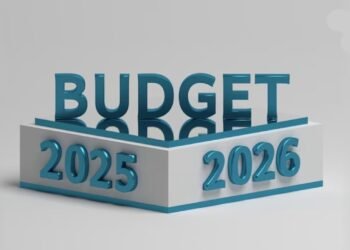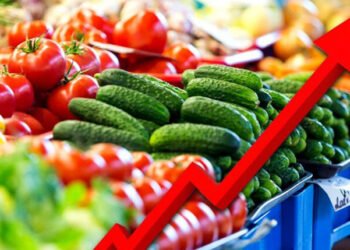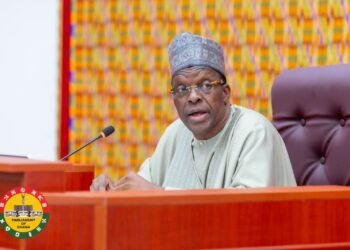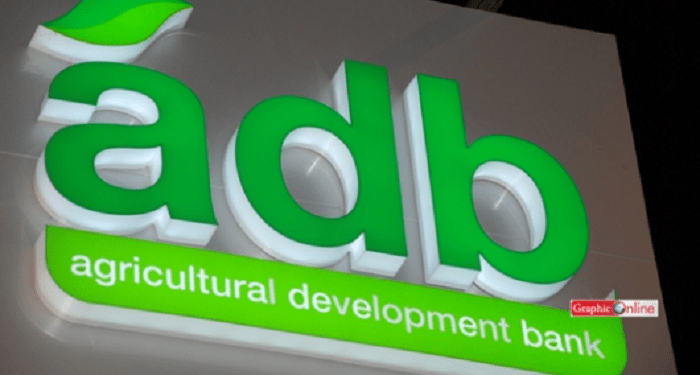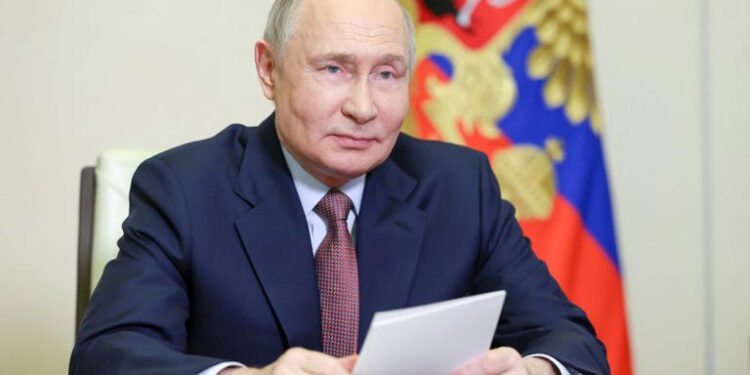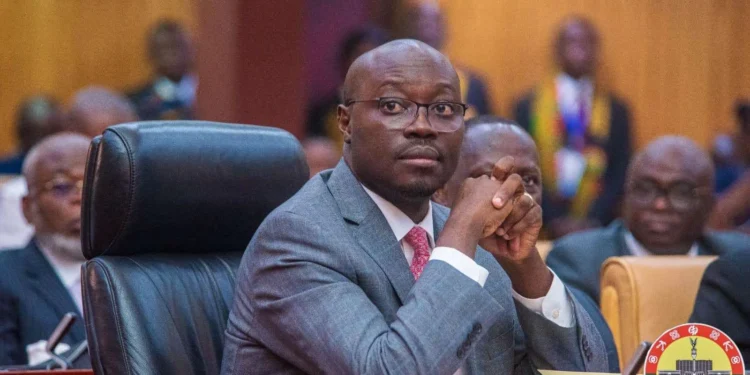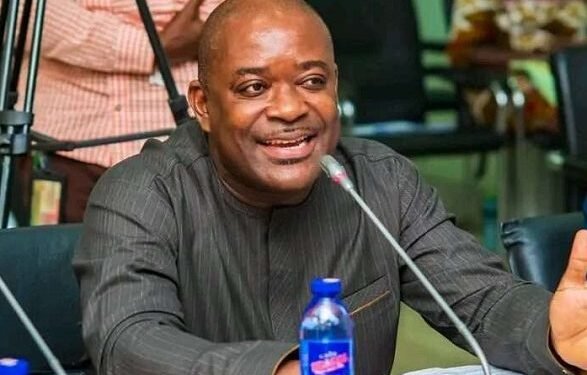Possessing an identity and being able to fully express opinions in absolute liberty, without any inhibitions is God-given, and not having to literally look over one’s shoulder must be arguably, the greatest freedom metric assessment.
The pain of restriction and palpable fear of being denied access to sharing fact-driven information, exposing and bringing to light sinister undertaking by political actors or governments, essentially defeats the purpose of any professional or institutional rules of engagement, especially living in a democratic country.
President Akufo-Addo stood before representatives of the world’s news media at an awards dinner on May 3, 2018 and gave a heartfelt speech on press freedom.
“I will say again that I much prefer the noisy, boisterous, sometimes scurrilous media of today, to the monotonous, praise-singing, sycophantic one of yesteryear,” President Akufo-Addo told those assembled for the Press Freedom.
Five years down the line, the essence of press freedom is whittling away as the media is caught in the crossfire of political rivalry inherent in the two dominant parties in the country.
From physical assault to palpable threats, all efforts are geared towards making journalists, touted as the Fourth Estate of the democratic, cower to framing information to suit a particular government, party or group of people.
Ever since freedom of the media was enshrined in Chapter 12 of the nation’s 1992 constitution, it has blossomed, albeit rather slowly. Although today, one will find a vibrant media environment where journalists expose corruption, highlight incompetence and crime, and demand a measure of accountability from the powerful, the passion to diligently undertake such mandate is fizzling out.
Ghana has sadly witnessed the harrowing and almost nightmarish ordeal journalists have had to go through just to fulfill their obligations to citizens, whom they have a sense of duty to protecting. However, beyond this, the country is dealing with an even more critical aspect of free speech which is under siege.
A new dynamics confronts Ghanaians now as journalists are not the only group who censor themselves due to the threat of violence, harassment or intimidation.
In the underbelly of providing credible, authentic information devoid of any political coloring, various groups of people including experts, business owners, public sector workers and associations of same, have for a while now often declined to speak to journalists for fear of victimization and possible job loss.
Now, National Security Minister, Albert Kan-Dapaah’s open concern about the increasing number of individuals in academia, civil society organizations (CSOs), and the media who are using their platforms to propagate false narratives in support of coups and military rule has even projected attempts at ‘stifling’ sources further.
“These actors have gained substantial followings on social media leveraging the influence to disseminate misinformation that threatens our nation’s peace and also stability, especially as we approach the critical December 2024 general election, and this is a matter of serious concern.”
Albert Kan-Dapaah
On the heel of this, an academia group, University of Ghana Branch of the University Teachers Association of Ghana (UG-UTAG), condemned comments by National Security Minister, insisting that the minister’s comments amount to an attempt to gag the public from exercising their right to free speech, especially when he made the claim without providing any evidence.
“We do not support any individual or groups calling for a coup in Ghana. But at the same time, we won’t be gagged from speaking our minds forcefully on all important national issues. We would fiercely resist any attempt, including political commentary, that has the potency to usher us into the dark days of culture of silence.”
UTAG
Guaranteeing independence of free speech
UNESCO’s assessment of media development in Ghana revealed that editorial independence is guaranteed in law and respected in practice.
In Ghana, editorial independence is explicitly guaranteed in law in Article 162 (4) of the Constitution which states:
“Editors and publishers of newspapers and other institutions of the mass media shall not be subject to control or interference by Government, nor shall they be penalized or harassed for their editorial opinions and views, or the content of their publications”.
Nonetheless, these constitutional provisions, opinions differ on how well journalistic independence is respected in practice.
While some people are of the opinion that journalists in Ghana are able to do their work without political or proprietorial interference, others argue interference in the work of journalists takes more subtle or covert forms, including economic considerations that make journalists do certain kinds of stories while deliberately ignoring others for fear of losing advertisers or displeasing owners.
On the other hand, when it comes to journalists’ right to protect their sources, there are no explicit legal provisions for journalists’ right to protect their sources, be it in the academia, CSOs etc. However, that right is widely seen as implied in the protections guaranteed by the constitutional provisions on the media.
In general, it appears that journalists do not feel under pressure to divulge their sources and under no compulsion by any law to break confidentiality agreements.
Essentially, public and civil society organizations (CSOs) participate in shaping public policy towards the media and Civil Society Organizations (CSOs) have played a significant role in the promotion of the media in Ghana and, together with academia, have contributed to shaping media policies since the return to democratic governance in 1993.
A case in point is, a wide coalition of civil society organizations coordinated by the Commonwealth Human Rights Initiative (CHRI) and comprising membership from the religious bodies, various non-governmental organizations (NGOs) and associational groups such as the Ghana Bar Association and GJA, was instrumental in getting the Right to Information Act passed.
Similar civil society advocacy by the Ghana Journalists Association, the Ghana Bar Association, National Union of Ghana Students (NUGS) and the Center for Democratic Development-Ghana (CDD-Ghana) pressured the government of the New Patriotic Party (NPP) to keep a campaign promise to repeal the criminal libel and sedition law.
Moreover, influential governance think-tanks, including CDD-Ghana, Institute for Democratic Governance (IDEG), and IMANI Ghana continue to work in collaboration with media associations in shaping policy and strengthening the role of the media in demanding accountability and good governance.
Ghana’s media must be given the freedom to thrive on plurality means as currently, the Ghanaian mainstream media is dominated by a narrow set of ideas, to the extent that discussions and stories about marginalized groups are dominated by political class and elites.
Instead of more objective and independent accounts of events and issues, stories have basically been reduced to third party accounts and they said, he said arguments between the two major parties.
Essentially, this means that journalists are unable to provide comprehensive level to specific stories when those affected are too afraid to go on record, especially when it concerns high-profile stories.
This growing resignation towards sources within the media must be aborted and pave way for vital informants to unfolding issues in the country provide a freer context of issues without threat – whether covert or overt, being hurled at them.
READ ALSO: VRA Criticized Over Akosombo Dam Spillage





